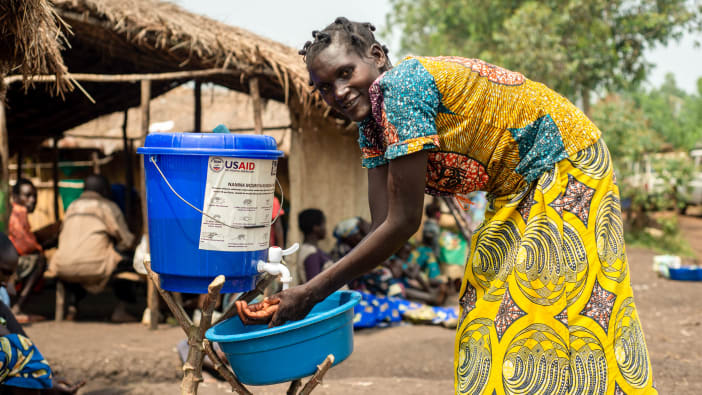by Renu Sherchan.
The nutrition worker entered the small village house and found what looked like a living skeleton. His name was Som Bahadur Tamang. He was five years old. His mother had left him when he was ten months old and his father was struggling to raise him.
As in most developing countries, malnutrition is one of the basic underlying problems leading to poor health in Nepal and a major problem in the area served by the Community Development and Health Project (CDHP) of the United Mission to Nepal. Som’s father brought his severely malnourished child to Choughare health post. Som Bahadur was ‘skin and bones’, and very miserable. He had stopped eating and was very thin and weak. ‘I have done everything I can to treat him,’ said the father. ‘I have consulted the local healers but still my child has not improved. Last week your nutrition worker came. She said I should bring my son here.’
Malnutrition
The father was both worried and embarrassed at the state of his child. The health post staff examined Som Bahadur. Not only was he suffering from malnutrition, but also from several infectious diseases due to his poor condition. We feared for his life and so referred him to Patan Hospital in the capital city, three hours away. We took him there ourselves and admitted him, as his father had no money at all. In this critical situation Patan Hospital provided full charity to the child, as well as food for his father. After a few days in the hospital, Som Bahadur became able to eat but he was still at risk. After he was discharged, he returned home and we took him into our home-based nutrition programme. We taught his father about the importance of proper food for good health, and how he could make this food at home. We made regular home-visits and demonstrated how to make ‘super flour’ by roasting and grinding locally available grains and soybeans. The father became encouraged and took more interest in his child. Two months later, Som Bahadur was out of danger.
Teaching others
This all happened seven years ago, but whenever we meet Som Bahadur’s father he says we saved his son and shows his gratitude to us. The great achievement of our nutrition programme, however, was not so much that we saved the boy’s life but rather, since then, how this father has taught many others in his village about the way young children should be fed and cared for. His courage, commitment and ability to share his experience represent the real success story.
Ms Renu Sherchan is a nutritionist with the Community Development and Health Project of the United Mission to Nepal, PO Box 126, Kathmandu, Nepal.
Editor: Another useful flour can be made by soaking locally available grains and soybeans in water for one day and then drying and milling them. This ‘power flour’ is rich in amylase and, when added to thick porridge or soup, will thin it, making it easier for young children to eat.








